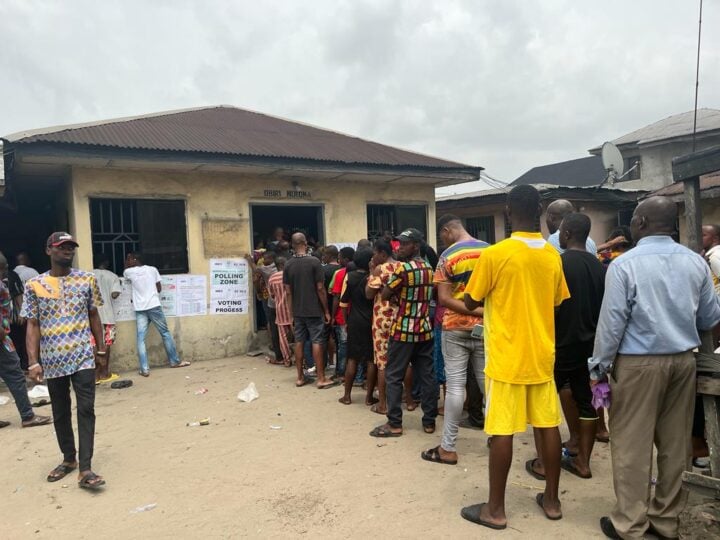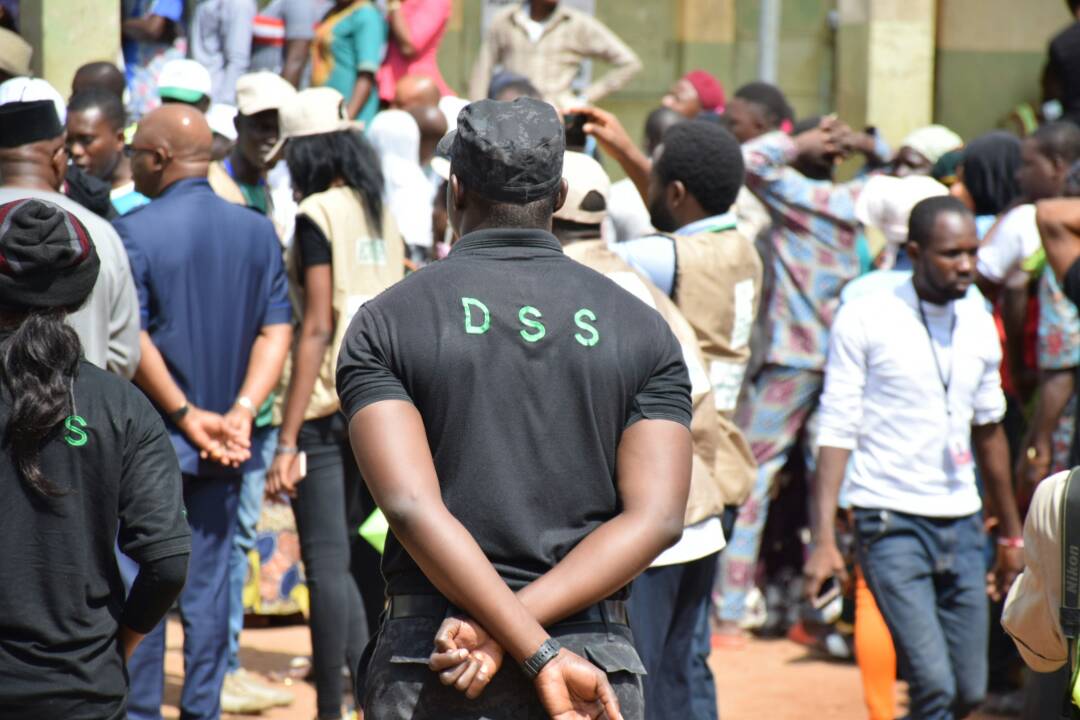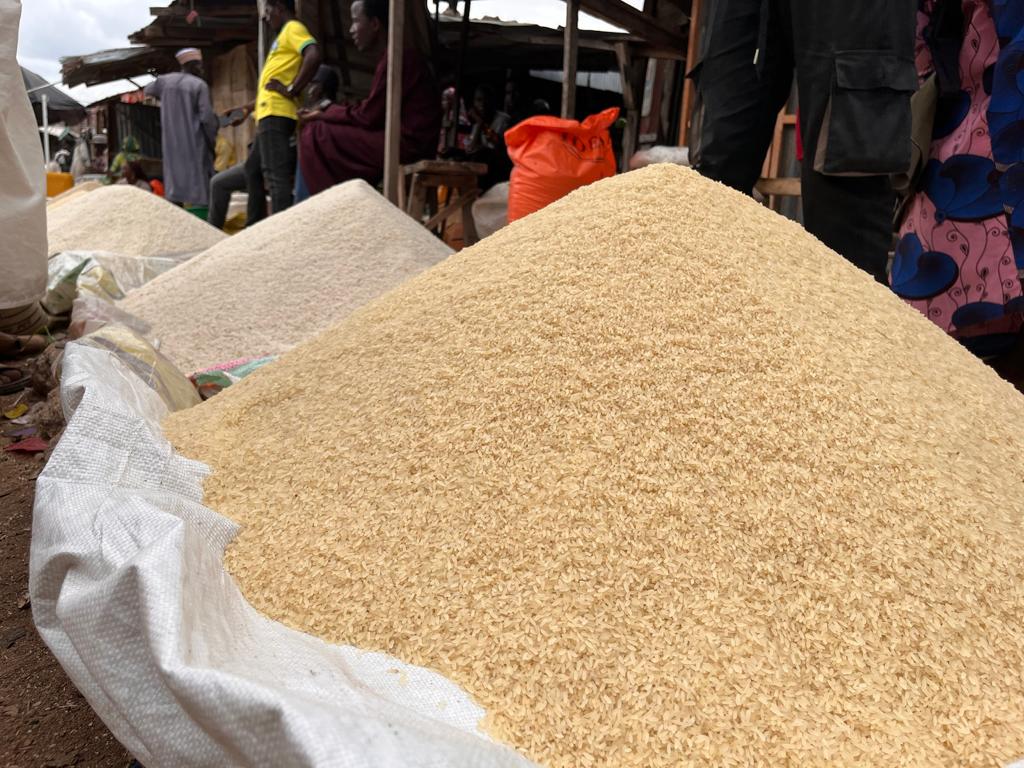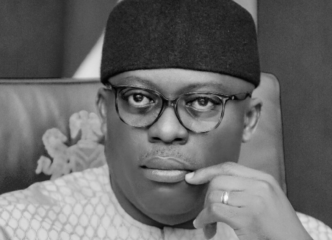BY MICHAEL AGADA
West Africa stands at a crucial crossroads in its democratic journey. Across the region, various countries have undertaken electoral reforms to enhance transparency, minimise fraud, and restore public confidence in the electoral process. However, despite these initiatives, progress remains elusive as electoral irregularities, voter suppression, and violence persist, undermining credibility and eroding public trust. This fuels citizen disillusionment, leading to contested results, political instability, and weakened democratic participation.
The core issue at hand is the persistent gap between reform efforts and tangible improvements. While reforms aim to strengthen electoral systems, their effectiveness has been undermined by political interference, weak enforcement mechanisms, and limited institutional capacity. This article argues that achieving meaningful electoral progress requires not just technical reforms but also a commitment to political will, regional cooperation, and robust civic engagement. Without these elements, reforms will continue to fall short of their intended impact.
Ghana’s 2024 elections set a significant precedent for democratic stability in West Africa. The swift concession by the incumbent Vice-President Mahamudu Bawumia before collation was completed demonstrated a commendable level of political maturity and trust in the electoral process. This orderly transition reinforced Ghana’s reputation for credible elections, offering a positive model for the region. However, while Ghana’s elections were considered a success, electoral processes in many parts of West Africa remain fraught with challenges, including political interference and weak enforcement of electoral laws.
Advertisement
The stagnation in electoral reforms is exacerbated by mounting economic and political pressures across the region. Donor fatigue is becoming increasingly evident, with international partners facing resource constraints and shifting priorities. As global crises demand attention, financial support for democratic development in West Africa appears to be dwindling.
Many countries desperately need investment in election management bodies, voter education, and institutional strengthening. Without adequate financing, key initiatives such as biometric voter registration, real-time result transmission, and independent electoral monitoring risk being underfunded. The future of electoral integrity in West Africa will depend not only on securing alternative funding sources but also on ensuring that domestic institutions take greater ownership of democratic reforms.
At the same time, emerging political crises within the region further complicate reform efforts. The unfolding situation in Guinea-Bissau, where political instability has triggered uncertainty around governance and elections, underscores how fragile democratic institutions remain. The tensions within the country’s parliament and the escalating power struggle between factions threaten to derail electoral integrity. This is part of a worrying trend where democratic backsliding is gaining momentum. When one country faces prolonged political instability, the ripple effects can be felt across the region, emboldening leaders in other nations to circumvent democratic norms under the guise of maintaining order.
Advertisement
West Africa has seen moments of electoral progress, but setbacks continue to outweigh successes. In Nigeria, Sierra Leone, and Côte d’Ivoire, the push for electoral transparency through biometric systems and electronic voting methods has yielded mixed results. Nigeria’s 2023 elections, for instance, were marred by complaints of technical failures, delayed vote transmission, and allegations of manipulation. The Biometric Voter Accreditation System (BVAS) was meant to reduce fraud, yet its inconsistent application and malfunctioning in key areas led to heightened suspicion and post-election disputes.
Similarly, Sierra Leone’s 2023 elections were overshadowed by claims of voter suppression and limited access to credible electoral data. Côte d’Ivoire, ahead of its 2025 election, is in the process of introducing biometric voter registration to improve the accuracy of the voter roll. However, concerns over the inclusivity and logistical challenges of the process could potentially affect voter confidence and the election’s credibility.
The challenge is not that reforms are not being attempted; rather, it is that these reforms are repeatedly being outpaced by new threats to democracy. The evolving landscape of digital misinformation, fuelled by artificial intelligence-generated disinformation, has made it easier for political actors to manipulate public perception. In Côte d’Ivoire and Senegal, where social media plays a major role in shaping electoral discourse, the spread of false narratives has created new battlegrounds in political contests.
With Côte d’Ivoire set to hold its presidential elections in 2025, proactive measures are needed to ensure transparency, strengthen institutional independence, and mitigate the risks of misinformation. The role of the electoral commission and judiciary in managing electoral grievances will be critical in determining the credibility of the process. Election commissions across the region struggle to keep up with these challenges, as regulatory frameworks remain weak, and enforcement mechanisms are often compromised by political interests.
Advertisement
Compounding the situation is the growing disillusionment among West African citizens, particularly young voters. In many countries, voter turnout is declining as people lose faith in the electoral process. Apathy is setting in, driven by the perception that elections are merely a formality rather than a genuine opportunity for political change.
The failure to fully implement past electoral promises has only deepened this frustration. In a region where over 60% of the population is under 25, this disengagement poses a long-term threat to democracy. If younger generations see elections as ineffective, the foundation of democratic governance becomes increasingly fragile.
The road ahead for electoral integrity in West Africa is undeniably challenging. However, there are still pathways to meaningful progress. First, there must be a renewed commitment to the independence of electoral bodies. Governments must allow election commissions to operate free from executive influence, ensuring that reforms are not just policies on paper but are fully implemented without political interference.
Second, regional organisations such as ECOWAS must take a firmer stance against electoral malpractice. The ongoing crisis in Guinea-Bissau presents an opportunity for ECOWAS to assert its role as a stabilising force by mediating disputes and ensuring a return to constitutional order. ECOWAS must establish clear enforcement mechanisms to address unconstitutional power grabs and electoral fraud. A more proactive approach, with real consequences for electoral violations, is necessary to deter misconduct.
Advertisement
Additionally, the role of civil society cannot be overstated. Where governments falter, civic organisations must step in to educate voters, monitor elections, and push for accountability. In Senegal, civil society played a critical role in ensuring that the 2024 elections were credible. The model of grassroots engagement seen there should be replicated across the region to rebuild trust in electoral systems. Media literacy campaigns and fact-checking initiatives are also essential in combating the growing threat of digital misinformation.
West Africa’s democratic future depends on more than just reforms; it requires a fundamental shift in political culture. Leaders must recognise that credible elections are not a threat to their power but a cornerstone of stability. Without this shift, the cycle of contested elections, political crises, and public disillusionment will persist. The time for action is now. Failure to address these electoral weaknesses will not only hinder democratic progress but could also open the door for more authoritarian tendencies to take root across the region.
Advertisement
Michael E. Agada is a policy analyst and election expert committed to advancing inclusive governance, conflict prevention, credible elections, and community engagement. He is a founding member of Afri-Policy Innovation and Advocacy (APIA), a policy and advocacy hub in Africa. Currently, Michael serves as a Technical Advisor for Electoral Affairs at GIZ Nigeria and ECOWAS.
Advertisement
Views expressed by contributors are strictly personal and not of TheCable.
Add a comment







